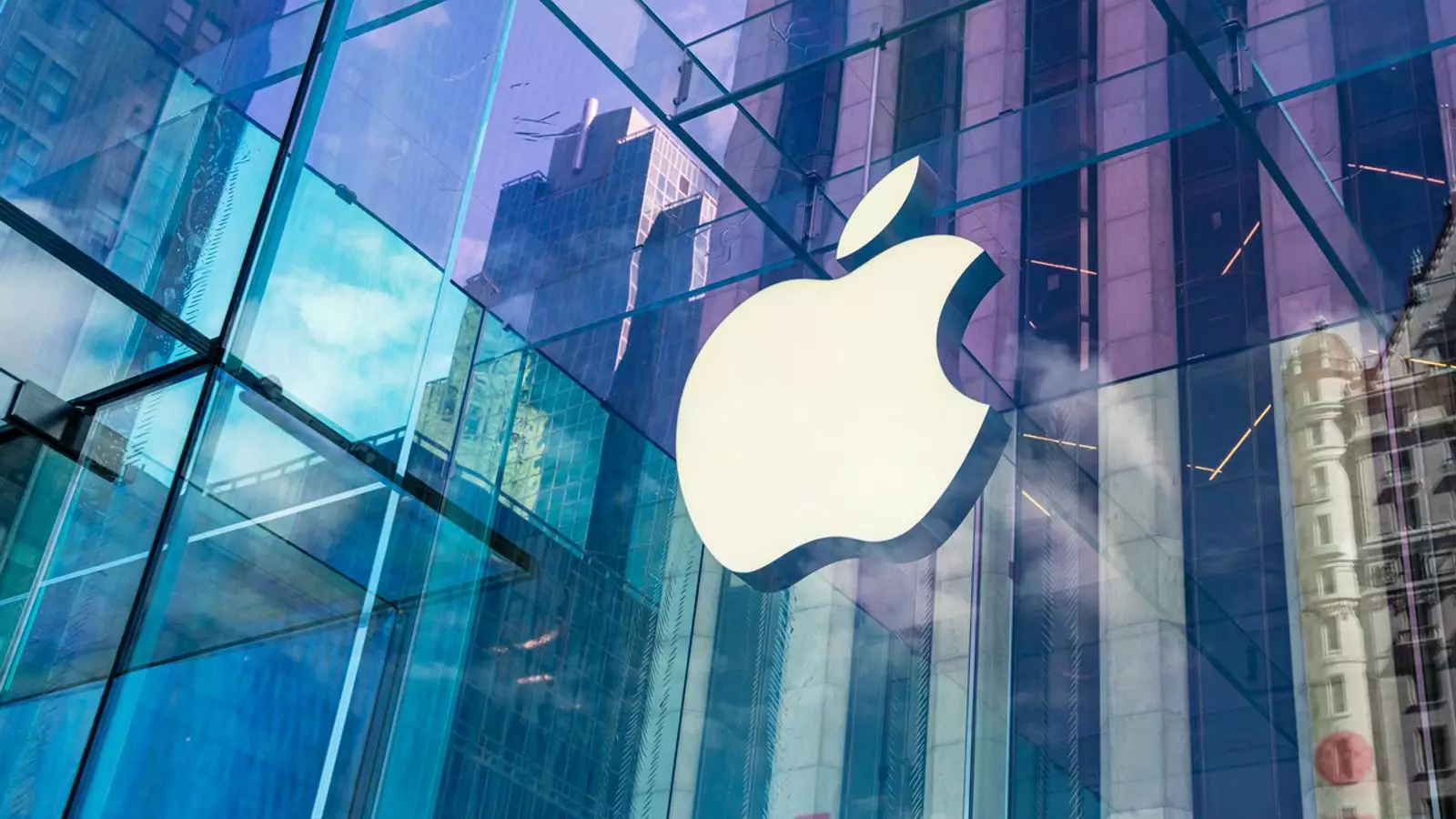In an increasingly digital world, where information is shared and stored online, the debate over data privacy and government surveillance continues to evolve. Recently, a development has shed light on this contentious issue: the UK government has purportedly ordered Apple to grant access to encrypted data accumulated by users of its cloud services around the globe. This raises profound questions about privacy, governmental authority, and the integrity of the very systems designed to protect user data.
At the core of this controversy lies the Technical Capability Notice (TCN), which has been reported by major news outlets like The Washington Post and BBC. Through this TCN, the UK government has made a request that allows for broad surveillance capabilities—not just within the borders of the United Kingdom but extending to individuals worldwide. Apple, known for its robust encryption standards and user-centric privacy policies, maintains that only the account holder has access to this sensitive data, a principle that directly opposes the government’s demand.
Proponents of the UK government’s demand argue that such measures are essential for purposes such as child protection, criminal identification, and overall public safety. The belief is that providing authorities with the ability to decrypt data will empower them to take more effective action against unlawful activities. However, the implications of this stance are far-reaching, raising concerns that could potentially infringe on individual rights and freedoms.
Critics argue that the push for weakened encryption undermines privacy rights. This skepticism targets not only the effects on everyday users but also highlights the risks posed to journalists and whistleblowers who rely on confidential communication to expose wrongdoing. The shadow of abuse looms large as well; should governments possess the ability to breach encryption, the prospect of such capabilities falling into the hands of malicious actors becomes a worrying reality.
In response to the UK’s demands, Apple has stood firm in its commitment to user privacy through Advanced Data Protection (ADP). This feature enables users to encrypt their information beyond reach, reinforcing the company’s long-standing promise of user autonomy over personal data. In practical terms, if implemented, the UK order would encompass data protected by ADP, an encroachment that places the company at odds with its privacy-centric ethos.
End-to-end encryption, which Apple uses, ensures that any information exchanged between devices remains accessible solely to the intended recipients. The inherent strength of this system contradicts the premise of governmental access, fostering a significant split between user expectations and government oversight.
The Historical Context of Encryption Debates
The current predicament has historical roots. Back in 2017, the UK security landscape began grappling with the implications of encryption, as then Home Secretary Amber Rudd publicly announced her desire to see encryption broken without grasping the underlying technologies. This lack of technical understanding among policymakers remains a source of contention, as it amplifies the perceived divide between technology firms and government regulations.
The 2016 Investigatory Powers Act serves as the legislative backbone for the current TCN, reinforcing the government’s power to impose such demands even on companies not physically present within the UK. As such, this raises pressing questions about international jurisdiction and the potential ramifications for global tech markets.
The Broader Implications for Global Technology
Apple’s pushback against the TCN extends beyond its relationship with the UK government. The company contends that succumbing to these requests could set a perilous precedent for the global tech landscape, allowing other governments—most notably authoritarian regimes—to impose similar requirements. The fear is that if the UK can dictate terms for its citizens, larger implications may emerge where countries like China could force compliance from Western technology companies, further undermining user privacy needs globally.
Moreover, Apple underscores that complying with the UK’s demands would potentially violate human rights principles and could put the company at odds with structures like the European Court of Human Rights, challenging not only national policies but international norms.
Apple’s conflict with the UK government encapsulates a vital and ongoing debate around privacy, authority, and the technology that defines modern communication. While the desire for public safety cannot be dismissed, the implications of eroding encryption could reshape user trust and the very essence of personal data security worldwide. Ultimately, finding equilibrium between safety and privacy is not merely a technical challenge but a moral one that invites society to scrutinize the values it upholds in the digital age.



Leave a Reply